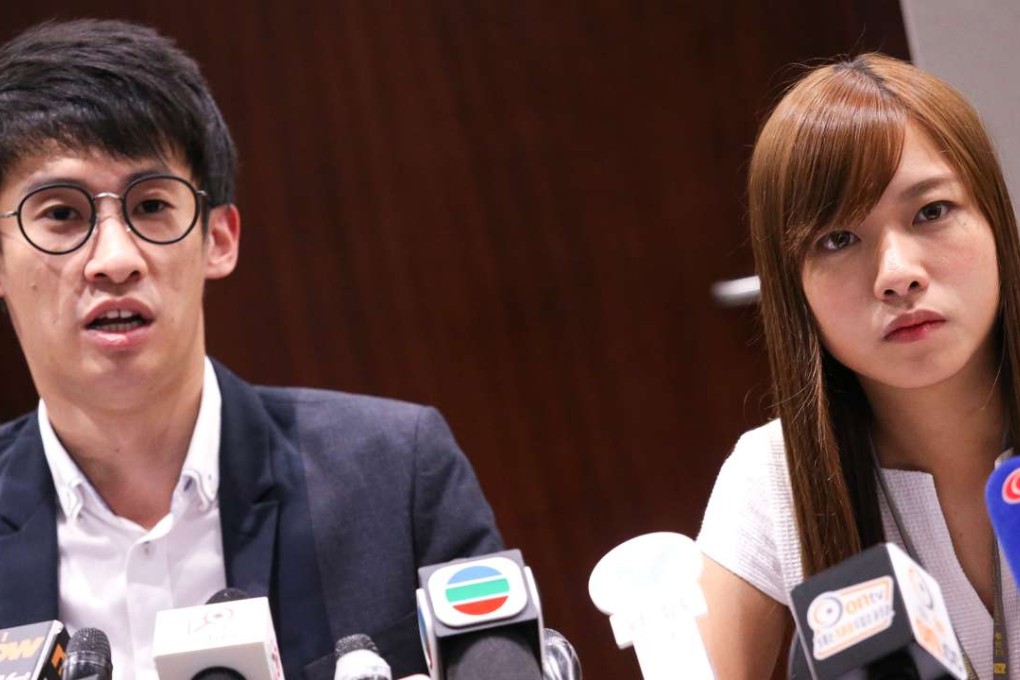The View | Hong Kong’s (dys)functional constituencies simply help big business defend the status quo and oppress the economy
Localists are not monsters. They want what we want: safety, security, health and prosperity

Malcolm X said: “If you’re not careful, the newspapers will have you hating the people who are being oppressed, and loving the people who are doing the oppressing.”
In Hong Kong’s case, different people, similar problem.
Of the 70 members of Hong Kong’s Legislative Council, one-half represent functional constituencies. They were not meant to be a democratic body or process. Instead, guaranteed representation to special interests were meant to give major sections of the economy political influence in what used to be a business-oriented colony.
Instead of reflecting the city’s changing economy and society, the functional constituencies have turned out to be the mechanism with which conglomerates, construction firms, industries and property developers, among others, defend their status quo and oppress the economy.
Hong Kong’s functional constituencies breed its own from of dysfunctional decrepitude through their inability to accommodate for changes, which are undeniably needed.
The tyranny of history echoes through them and insidiously suffocates any attempt at economic and political reform.
